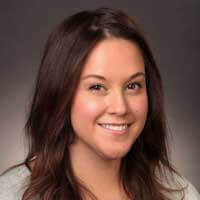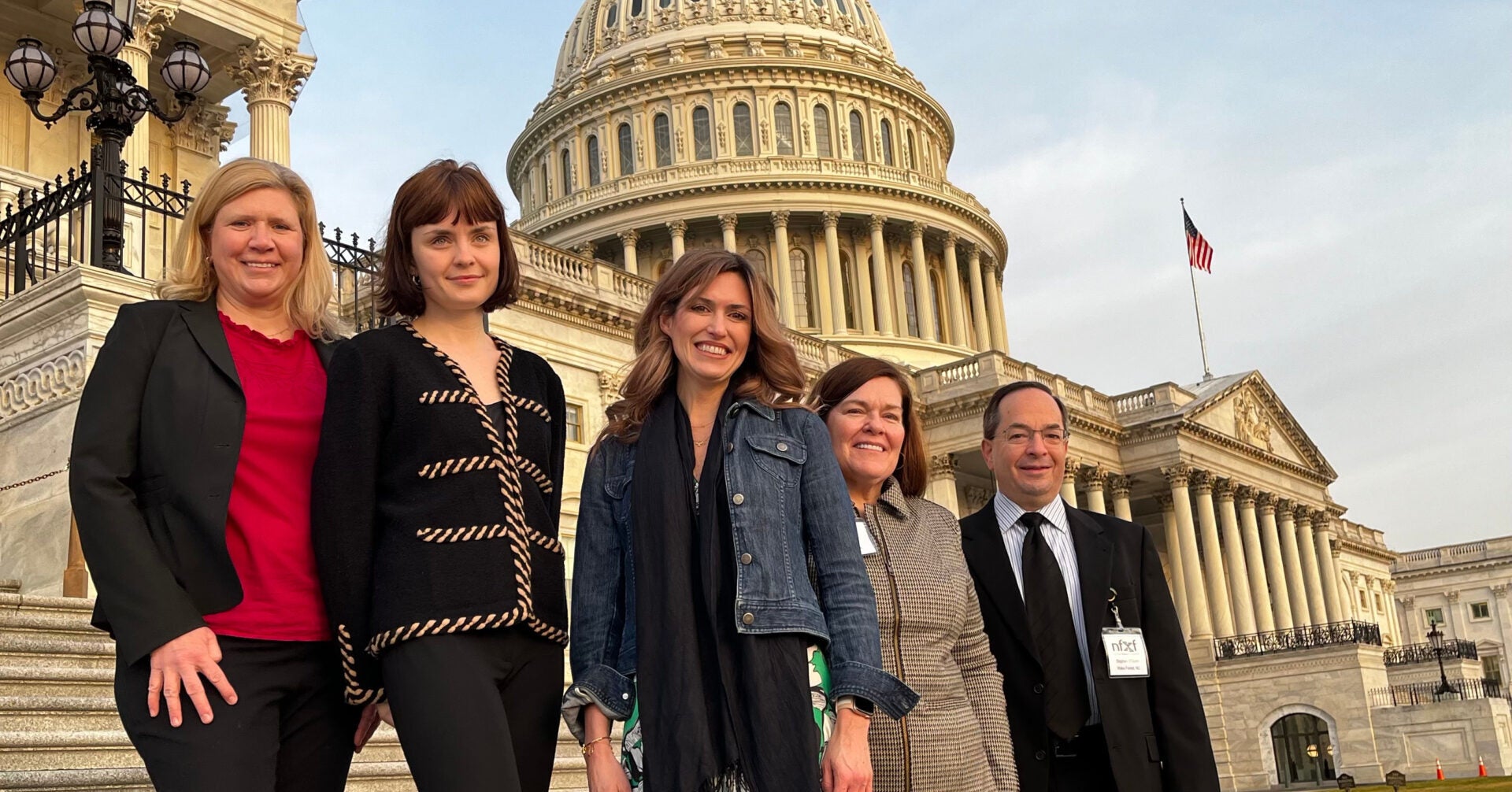By Hilary Rosselot
Asuragen Presents During the 2022 Industry Updates Keynote at the 18th International Fragile X Conference
Stela Filipovic-Sadic, a manager of Research & Development at Asuragen, presented Asuragen’s molecular testing capabilities for FMR1 and Fragile X, and showed how new technologies drive progress in the field. Asuragen has been a part of the Fragile X community for years. Their tests have been used to help patients, clinicians, and researchers aid in diagnosis, screen potential carriers, stratify risk of Fragile X being passed onto the next generation, and connect patients to new therapies.
Learn more about Asuragen by watching their 2022 Industry Updates presentation or visiting their website.
Check out the Behind the Mystery of Fragile X Syndrome segment sponsored by Asuragen.
about

Hilary Rosselot
Hilary joined the NFXF team in 2019. Prior to joining the NFXF team, she worked at the Cincinnati Fragile X Research and Treatment Center for over five years. She has experience as a clinical research coordinator across many types of clinical trials and served as the clinical research manager for the Cincinnati program. She earned a bachelor’s degree in psychology, a master’s, and is a SOCRA certified clinical research professional (CCRP). She enjoys time with family and friends, a great book, a strong cup of coffee and, of course, a good laugh!
learn more
Research Funding Opportunity: RFA-HD-25-002: Centers for Collaborative Research in Fragile X and FMR1-Associated Conditions
In June 2024, NIH published RFA-HD-25-002: Centers for Collaborative Research in Fragile X and FMR1-Associated Conditions. If you or someone you know are researching FXS and/or FMR1-associated conditions, this could be a great funding opportunity for you!
Harmony Biosciences & RECONNECT Team Join FXS Community in Advocacy
Over the past six months, the Harmony team has worked alongside their colleagues at Zynerba and the RECONNECT trial to create and deepen existing ties with members of the Fragile X syndrome (FXS) community.



